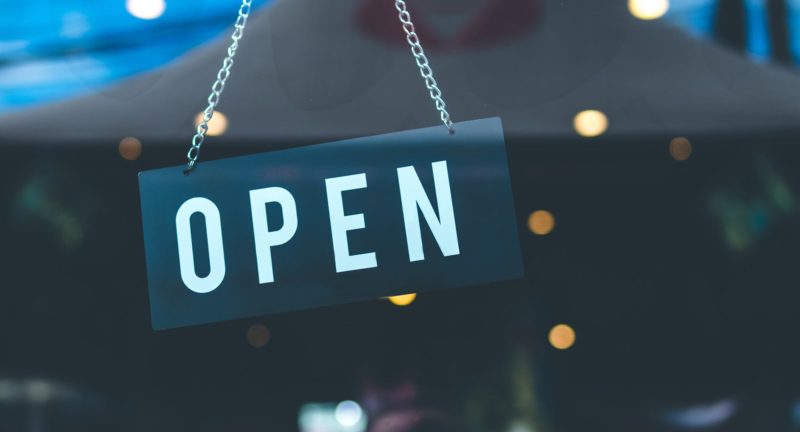
Can You Really Outgrow ADHD?
A common misunderstanding we often hear is that, once a person reaches adulthood, they can outgrow ADHD. This is a myth, and unfortunately, the medical community is partly to blame.
In the 1970s and 1980s, physicians often told parents that their child would outgrow ADHD. This assurance was based on the medical community’s shared belief that this was true. Unfortunately, at the time, the issue had not been backed up with substantial research.
As a result, many people treated for childhood ADHD stopped treatment after the age of eighteen even though they continued to struggle with issues of distractibility, regulation of attention, organization, time management, maintaining focus in conversation, impulsivity, and other areas.
There can also be real-life consequences because as these symptoms add up over time, they can cause serious problems in an adult’s academic work, professional career and personal relationships.
However, in the late 1990s and early 2000s, researchers began to study adult ADHD more intensively, and that research clarified that the majority of cases of childhood ADHD do persist into adulthood.
The good news is that additional research has proven that treatment for adults can be very helpful.
It’s also never too late to get help. Even better, the right kind of help can make all the difference when it comes to reaching a person’s full potential.
At Next Step 4ADHD, we offer complete support and comprehensive treatment for adults, adolescents and children struggle with ADHD. We strongly believe that simply medicating the problem doesn’t fully address the issues. There are skills you can learn and develop. More importantly, our team of professionals offers an ongoing support system when you need it.
Dealing with ADHD on your own can be difficult. Our innovative approach offers many more ways ensure your success. Would you like to learn more?
We are here to help.
If you’d like to learn more about us or to set up a confidential discussion with one of our professionals, you can complete the Contact form on our website, or call our office at (502) 907-5908.
Related Posts
A Letter to Our Patients Regarding Coronavirus
With the recent announcement of a case of Coronavirus in both Louisville and...
Is My Child Too Young for ADHD Treatment?
If your child has debilitating inattention or hyperactivity, you might wonder if...


